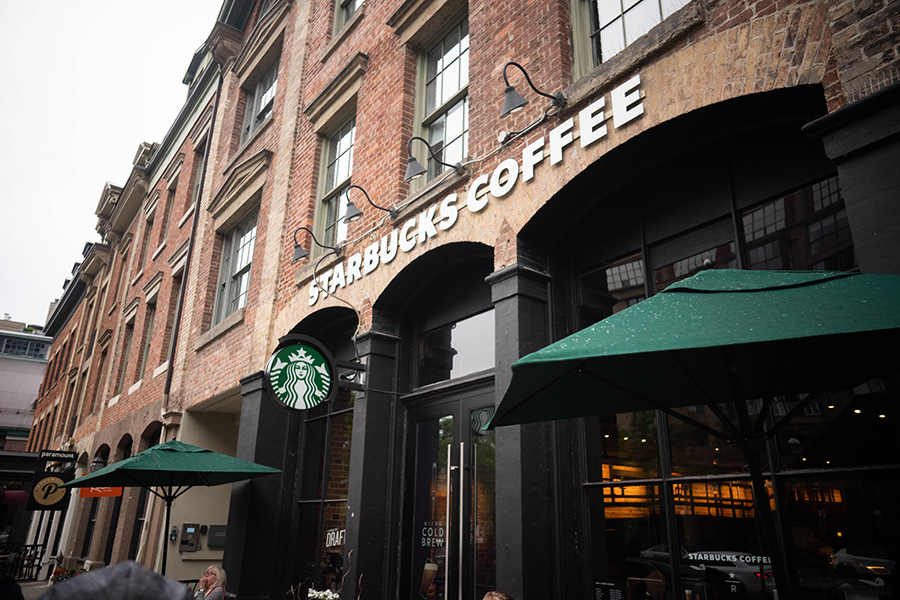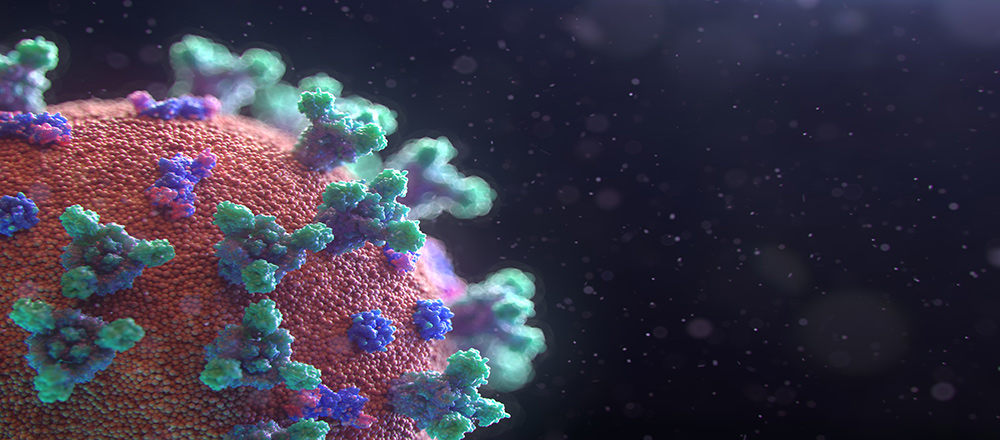While the US death toll continues growing, it has become clear that Covid-19 is not only an indisputable threat for our lives but also for our wallets. Oil prices have dropped, the unemployment rate has almost reached 20%, and, as a result, we’re facing another 0.3% GDP decline in April, states GDPNow report. And this is only a beginning. The pandemic still hasn’t reached its peak, and experts predict more spikes in autumn.
What are the scenarios?
V-shaped recession
There are three types of post-recession scenarios. The most optimistic one is V-shaped. In this case, after facing a decline, the economy will quickly bounce back with minimum losses for businesses.
This scenario is described by Mckinsey in COVID-19 business implications as “quick recovery”. It assumes that as the pandemic reaches its peak hitting first and foremost elderly, working-age adults continue to live their normal life implementing safety measures such as wearing protective gear, washing hands, decontaminating surfaces, etc. The catch is, this optimistic scenario implies that the virus is seasonal and doesn’t take into account gig economy workers that might work despite the stay at home order.
As we can see from the current situation, as the COVID-19 death rate exceeds 50.000, and, according to the recent Centers for Disease Control and Prevention report 12% of patients in severe condition are aged from 20 to 44, this over-optimistic scenario can be undoubtedly crossed out from the list.

U-shaped recession
This scenario implies a quick downturn and slow recovery. In this case, small and mid-sized businesses become the most vulnerable; travel and tourism brands are likely to announce bankruptcy, while other sectors consolidate.
The consumer sector faces a delayed demand and regains it after the coronavirus concerns decrease in summer; this scenario still assumes that climate changes will weaken the virus.
Unfortunately, the likelihood of a U-shaped recession is quite high, as now we can witness that not every country, even the most economically developed one, can pass through the pandemic as successfully as China. Multiple store closures, violation of payment terms, and massive employee pay cuts show that we’re already living the U-shaped scenario.
L-shaped recession
This is the darkest one. It assumes multiple COVID-19 spikes. As a result, the healthcare system is not able to handle a large number of infected patients, the US and Europe’s attempts to reanimate businesses and reduce unemployment are ineffective even when the vaccine becomes available. In this case, GDP growth in 2020 falls to between – 1.5 and 0.5 percent, states Mckinsey report; the economy is recovering very slowly before getting back to its pre-virus state.
Yet this forecast is quite pessimistic, one cannot exclude it, and be 100% sure that the world’s economy will escape a recession whose consequences are said to be the worst in history.
Who will survive the recession?
Brands that head for digitalization
We’re not talking about a website or an app here, we’re talking about completely new digital experiences and customer interactions; it turned out that businesses that choose innovation over optimization can boost sales even at the dark times of coronavirus pandemic.
At this point, it’s useful to go back to where it all started and consider Chinese experience. Hangzhou Intime Department Store used live streaming for better engagement; as a result, “the best shopping guides of Intime sold over 100,000 yuan worth of goods in one live streaming show” states Fung Business Intelligence report.
Other Chinese retailers including Intime, Your Mart, and Rainbow, also took advantage of live streaming tactics to diversify their sales channels.

Brands that safeguard their workforce
While POTUS Donald Trump is “being sarcastic” on possible Covid-19 treatment, businesses must solely take serious measures to protect their workforce.
Volkswagen, for instance, has recently renewed its work in Wolfsburg, as further closure could lead the company to a critical point, however, it took serious measures to protect its employees. The giant factory, that usually accommodates 20.000 line workers is now only available for 8.000 people, shifts are scheduled in a way, that newly arrived groups don’t meet previous ones, people are asked to keep distance, decontaminate clothes and open doors with their elbows. The information is displayed on 8.000 posters all over the plant.
Although the legendary car manufacturer is only taking baby steps towards recovery and hasn’t fully regained its operating capacities, the company’s health and safety measures clearly show that Volkswagen is ready to embrace the new normal.
Brands that invest in high-tech
On April 26th, the epic coffee chain, Starbucks announced its partnership with Sequoia, Chinese venture company.
“Starbucks strategic partnership with Sequoia Capital China adds another powerful engine to drive our relentless pursuit of digital innovation around the world. Together with Valor Siren Ventures launched in the U.S. last year, we are excited to tap the tremendous energy of technology entrepreneurs from two of the world’s largest and most dynamic markets, to pioneer innovative solutions that could reimagine the global retail landscape,” said Kevin Johnson, president and chief executive officer of Starbucks in its press release.
As we can see from the statement, Starbucks’ strategy is aimed at cooperating with local innovative businesses, elevating their retail expertise and driving the digital aspect of its coffee shops in China, the brand’s biggest market.

Being optimistic is a good way to fight any kind of crisis, whether it’s personal or economical. However, wise men always stick to the hope-for-the -best-prepare-for-the-worst approach.
The US economy has never experienced this kind of pandemic before, which makes any kind of consensus estimates less than uncertain. In this situation, brands must not hope for the quick recovery. To survive the upcoming crisis, businesses must head for innovative approach and strategic partnerships, that in a long-term perspective can pivot a company’s chances to stay in the market after the recession is over.
